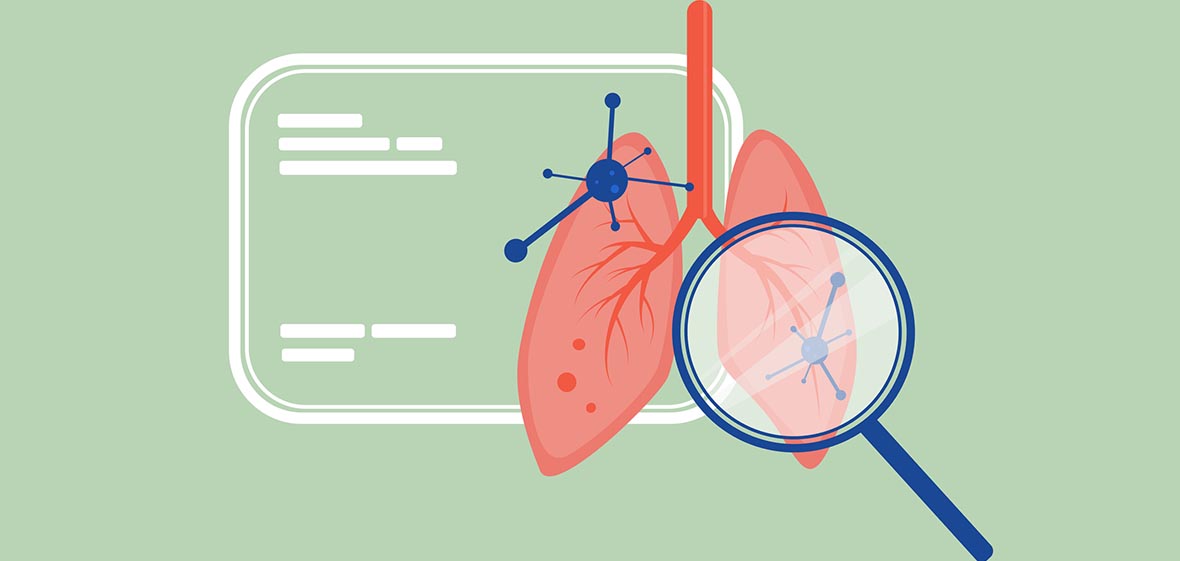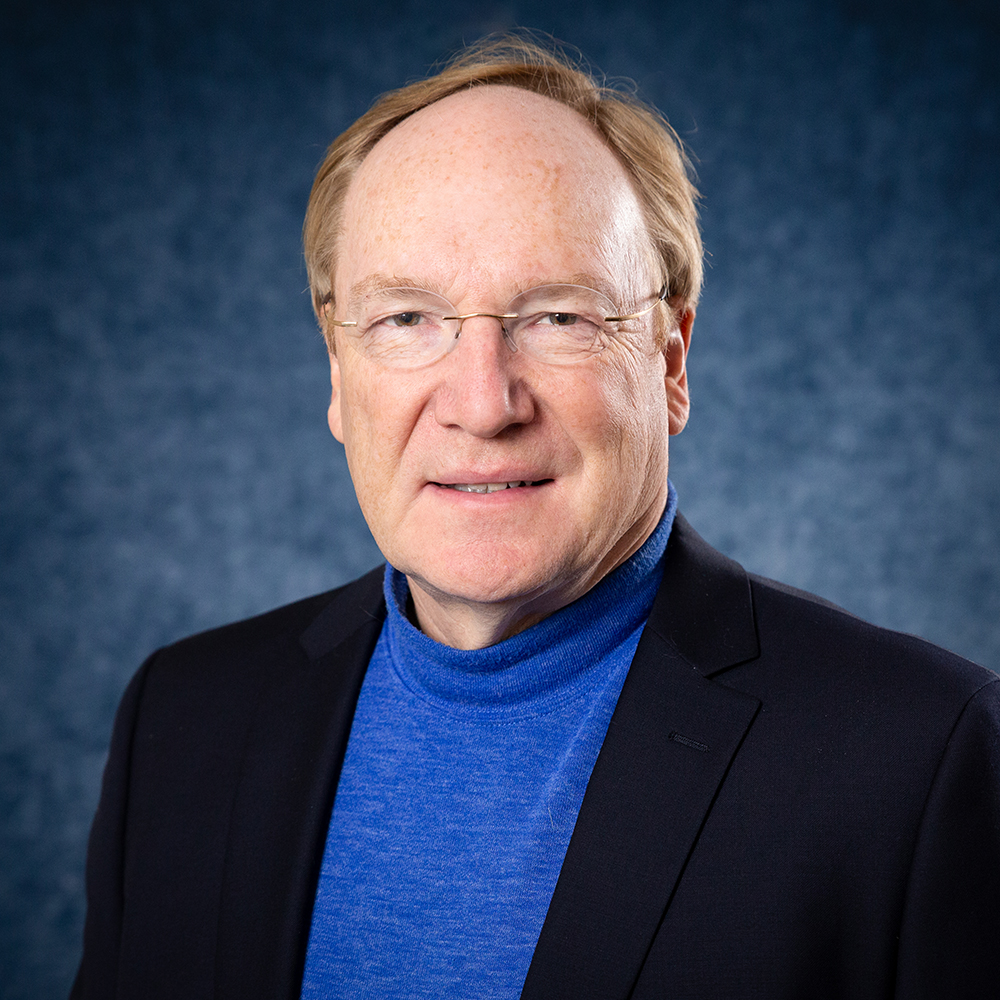
In November 2023, the American Cancer Society (ACS) expanded lung cancer screening guideline recommendations.
The updated ACS recommendations are outlined below:
- People aged 50 to 80 years who currently smoke or formerly smoked should talk with a health care provider about lung cancer screening. The U.S. Preventative Services Task Force (USPSTF) already recommended this new guideline in 2021. Previously, the ACS guideline was ages 55 to 74 years.
- People with lower pack-year histories qualify for screening. The new guideline recommends screening for anyone with a 20+ pack-year history. The USPSTF already recommended this new guideline in 2021. Previously, the ACS guideline recommended screening for anyone with a 30+ year pack history.
- The most important change in the updated guideline is that the number of years since quitting smoking is no longer a qualifier for starting or stopping yearly screening. That means a person who used to smoke with at least a 20 pack-year history, whether they quit yesterday or 20 years ago, is considered to have a high risk for developing lung cancer. Individuals meeting the criteria should be recommended for a yearly low-dose CT scan if they don’t have a serious health problem that will likely limit how long they live, or if they won’t be able to or won’t want to get treatment if lung cancer is found. Previously, the ACS guideline recommended only people who had quit smoking 15 years ago or less should get screened.
These changes to the lung cancer screening guidelines mean that nearly 5 million more people will be eligible for lung cancer screening each year.
Why Should I Get Screened?
Kentucky is the state that ranks the highest for lung cancer cases in the nation, according to the American Lung Association. In 2022, the rate of new lung cancer cases in Kentucky was 88 per 100,000, significantly higher than the national rate of 57 cases per 100,000.
Also, even if you stopped smoking decades ago, you can still be at risk of lung cancer. By expanding the screening guidelines, the hope is that people will take advantage of the opportunity to get screened so that if they have lung cancer, it can be found early and treated effectively. If lung cancer is found to have spread to lymph nodes or away from the chest, it’s not as easily cured.
Screening can reduce the risk of dying from lung cancer by 20%, which is significant considering that lung cancer affects around 200,000 patients each year.
Signs and Symptoms of Lung Cancer
Signs and symptoms of lung cancer can include shortness of breath and cough (with or without coughing up blood). However, the signs and symptoms are like those in other illnesses, such as bronchitis, pneumonia, ash lung or COPD.
Additionally, by the time people exhibit symptoms of lung cancer, it’s more likely to have already spread. This makes it extremely important to get screened before symptoms develop.
I’ve Never Smoked But I Was Exposed to Secondhand Smoke. Am I Eligible to Get Screened?
People who have never smoked but who have been exposed to secondhand smoke are not eligible for lung cancer screening. However, they can encourage the smokers they are around to stop smoking, at least indoors or in a car, to reduce spreading smoke particles and carcinogens (chemicals that could cause cancer).
Check Your House for Radon
Besides smoking, radon exposure is a factor that can lead to lung cancer. Many houses in Kentucky have high levels of radon. It is important to check the radon level in your house.
If your house does have a high level of radon, there are ways to reduce it, according to the Centers for Disease Control and Prevention.
Scheduling Your Lung Cancer Screening
To determine your eligibility for a lung cancer screening, visit your primary care physician or call the UofL Health – Cancer Screening Program at 502-210-4497. UofL Health has eight locations that offer low-dose lung CT scans for lung cancer screening.
Visit UofLHealth.org/Screenings to learn more about cancer screenings.









